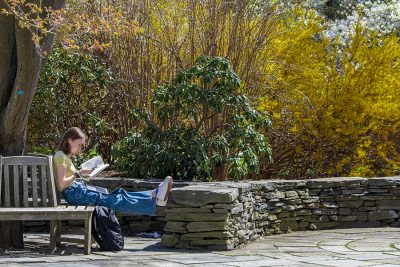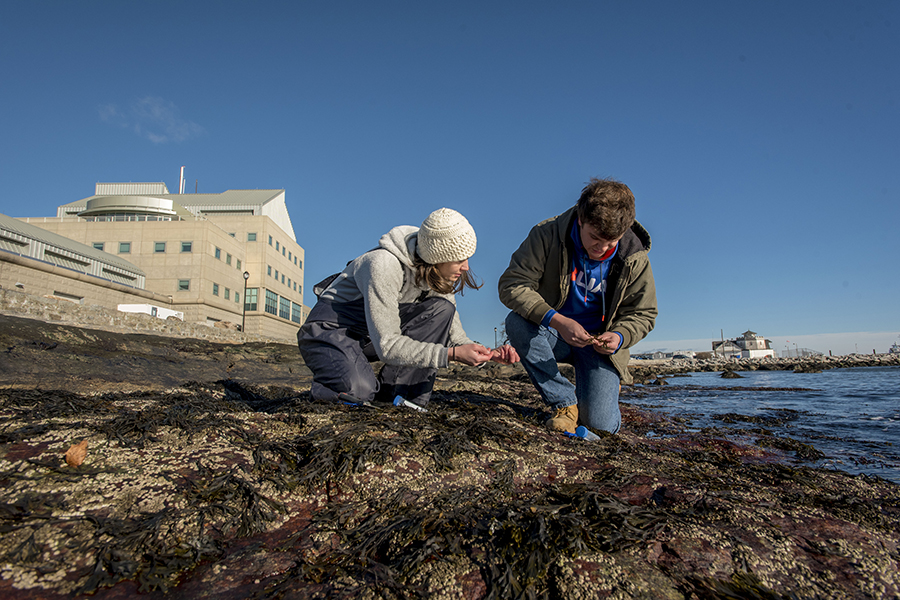Research Interests
To study behavior and environments dynamically
Research Areas

Actions Possible in Built Environments
We study how features of the built environment change what possibilities for action individuals feel they have in those settings. Previous experiments examined how well the environment supports or constrains some actions rather than others, engagement in cooperative or conflictive interactions with others, and preferences for sociopetal (social-activity encouraging) or sociofugal (solo behavior supporting) rooms.

Natural Environments
We have recently begun to study how outdoor natural environments in particular influence individuals. A focus on the health benefits of exposure to nature is currently a central focus of both research and application ( e.g., UConn’s NatureRx Initiative) in the field of environmental psychology. Our primary focus is on understanding nature’s benefits from an affordance-based perspective.

Risky Environments
We study behavior that occurs in naturally occurring situations using immersive virtual reality settings that involve risks. Specifically, we have examined the dynamics of how people move through and respond to social information in situations involving environmental dangers (e.g., evacuating during a fire) as well as interpersonal risk (e.g., in intimate interactions in the era of HIV).
"Reform the environment not behavior."
-Buckminister Fuller